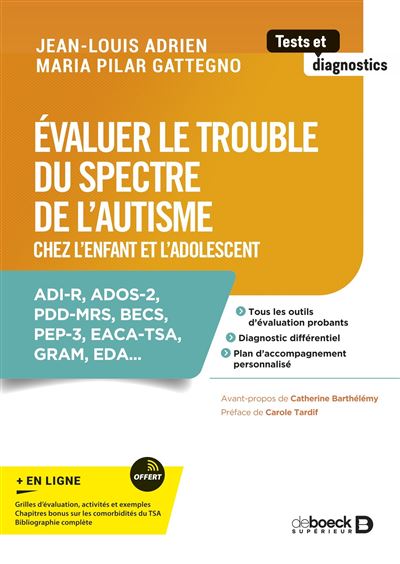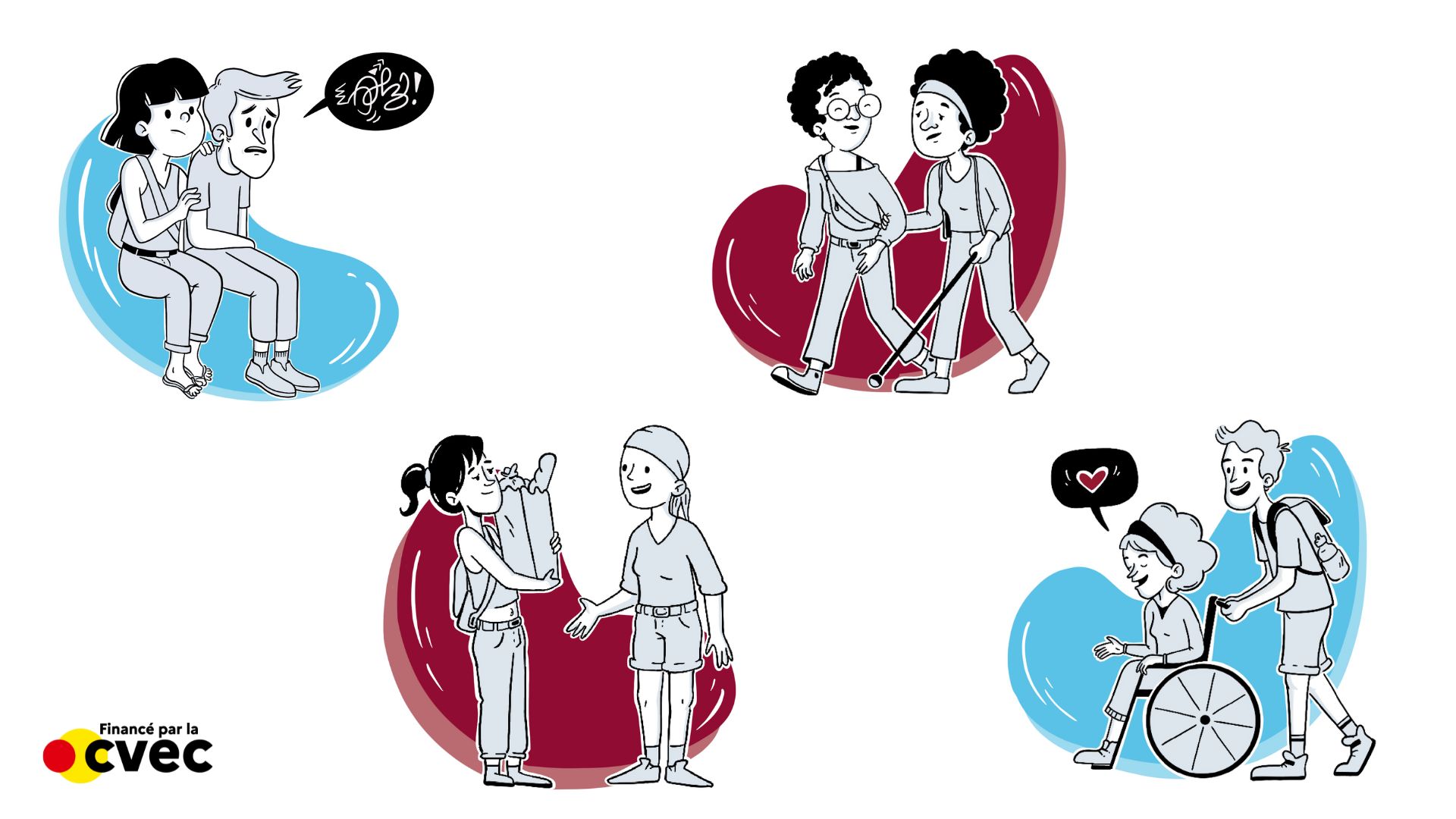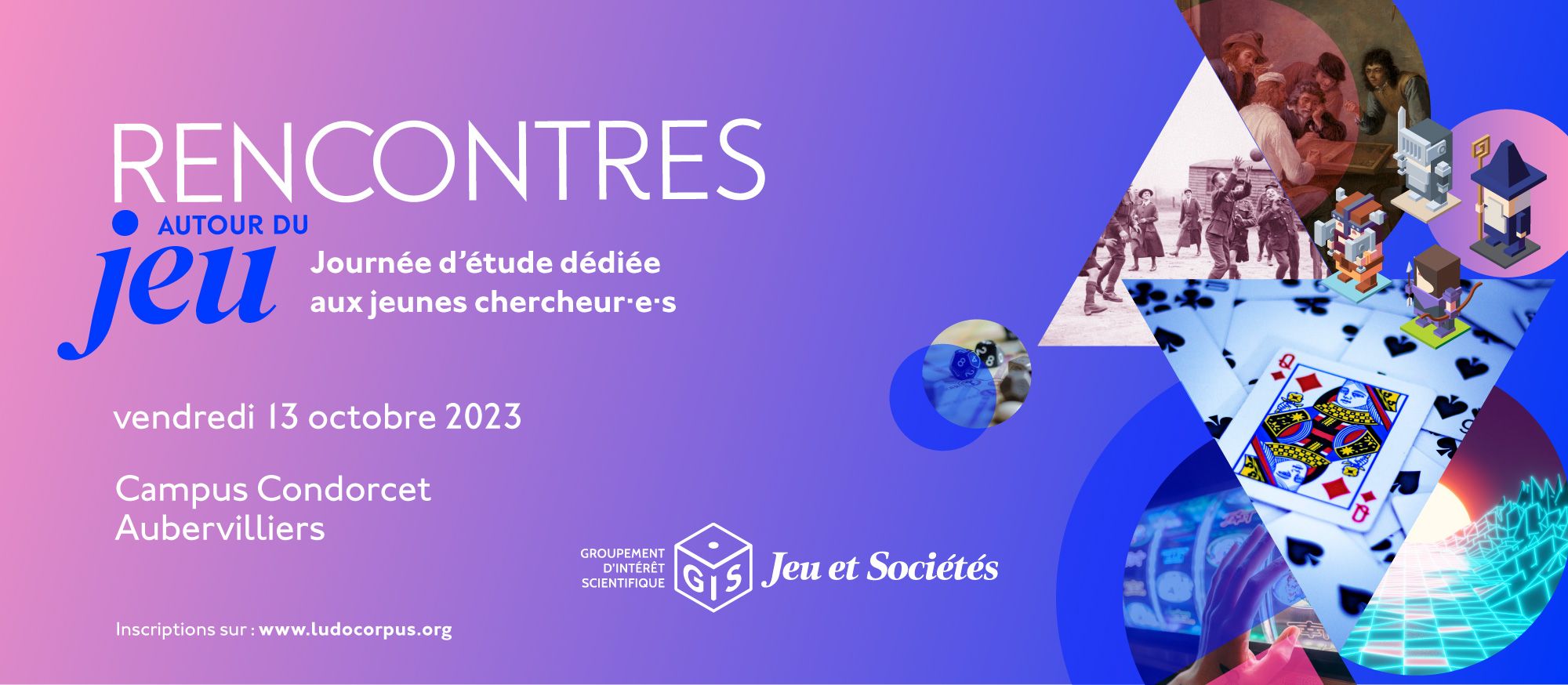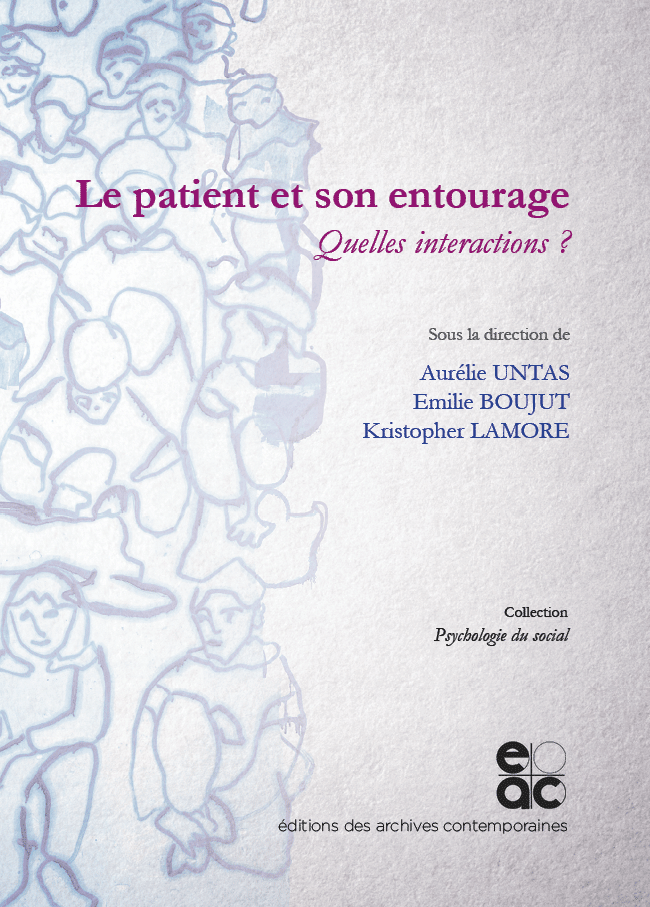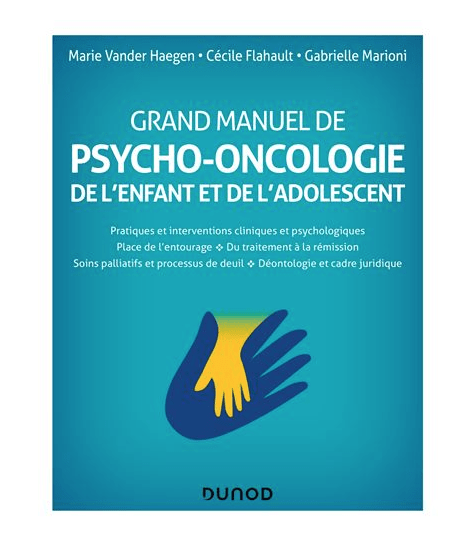
LPPS - Laboratoire de Psychopathologie et Processus de Santé
Le Laboratoire de Psychopathologie et Processus de Santé conduit des recherches dans le champ de la psychopathologie et plus largement de la santé, dans des contextes cliniques diversifiés. L’objet d’étude est constitué par les processus d’adaptation et de régulation de la personne humaine confrontée à un trouble. La démarche de recherche privilégie l’objectivation et la démonstration scientifique, y compris dans les applications cliniques des recherches.
Axes de recherche
Axe 1 :
Psychopathologie du développement socio-émotionnel et cognitif
Axe 2 :
Santé physique et mentale : adaptation et vulnérabilité
Axe 3 :
Interventions thérapeutiques et prévention
Actualités
Agenda
Pour les demande de stage :
Déposer votre CV et lettre de motivation auprès du secrétariat : secretariat-lpps@psychologie.parisdescartes.fr

